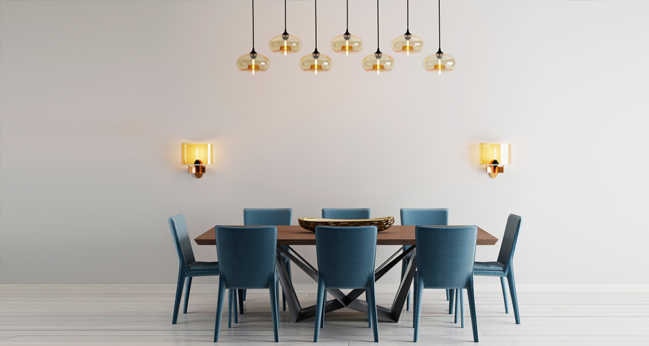Eco-friendly Upgrades To Your Kitchen
When it comes to a home remodel, Kitchen is one of the most important rooms and heart of the home. The best way to reduce power use is to use workspace near windows and under skylights for natural day lighting. Eco Friendly upgrades to a kitchen is the new Mantra on everyone’s mind. Upgrading your Kitchen to Eco-friendly kitchen improves the value of your home as well as protects the environment. From the past many years the concept of a green or Eco friendly kitchen has been one that is energy-efficient, easier on the environment and better for your health. There are many different areas to consider when upgrading your kitchen.
Tips to make your kitchen an Eco-friendly kitchen
 |
 |
Before discussing how to upgrade your kitchen it is important to understand your budget, options and green alternatives. You can easily make your kitchen as eco-friendly as possible with energy-saving appliances, water-saving faucets, energy efficient windows and eco-friendly lighting. Following are some of useful tips to upgrade your kitchen to Eco-friendly kitchen.
- Use an energy monitor: An energy monitor is a useful instrument for giving proper feedback on the daily use of electricity. It helps in monitoring used up electricity in your kitchen. According to source, 4-15% of electricity used in Kitchen can be saved if an energy motor is used. It will be a wakeup call for amount of energy used and you can be alert on the energy expenditure. A feedback from the monitor can help in changing your energy using behavior.
- Natural light and ventilation: The best way to reduce power use and save unnecessary electricity is by working near windows and under skylights for natural day lighting. By doing this there will be less use of light. If light is needed then go for energy saving CFL or LED bulbs. You can ask your builder or property manager to install an exhaust fan in kitchen to exhale the fumes and increase fresh air inside. Use energy efficient bulbs and daylight controllers which will switch on only when natural light is insufficient.
- Use energy efficient appliances: Energy consumption of an apartment will depend on how the appliance being used. Improvements in energy efficiency are most often achieved by adopting a more efficient technology or production process. Modern energy-efficient appliances, such as refrigerators, freezers, ovens, stoves, dishwashers etc use significantly less energy than older appliances. Energy Star rated appliances are more efficient, use less energy to operate and it is more reasonable.
- Try cooking at once: Try to cook once rather than cooking one by one. You can also try multitasking such as cooking one dish and cutting vegetables or getting everything ready for another dish, it will save a lot of time as well as fuel. When vegetables are cut into small pieces then it takes less time and energy to boil them and cooking can be faster with minimal use of fuel. It also enhances better taste to taste buds.
- Choosing cookware: When buying cookware or utensils don’t just keep money in mind. Those utensils might be inexpensive but in the long run might use up more gas or fuel. Do not rely on disposable products. Invest in a quality cast iron or stainless steel cookware.
- Know BTU outputs: Better know your Btu or British thermal units, which measure the heating power of gas cooktops and ovens. The higher the Btu capacity, the hotter the cooktop or oven can get. Cooktops can be fueled by gas or electricity and offer a number of different burner and surface options.
- Adopt Green Living: Make a habit of separating non-recyclable and recyclable wastes while working in the kitchen. Wash vegetables in Tub or Utensil than washing under running tap water and use those water to water plants. Instead of buying bottled water, use water purifier in your kitchen. Use natural cleaning agents to clean dishes as it is less toxic and saves environment. Segregate kitchen waste at source. Even if you don’t have use for compost, many other garden clubs, neighbors and even some residents welfare associations will be happy to accept and use the stuff in their compost.
[ad#Interior-Experts-1]







